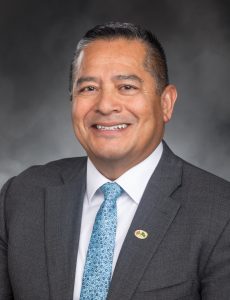2024 Advocacy Season
During the 2024 legislative session, we worked with communities across the state to develop our state policy agenda to ensure state investments and policies drive the best outcomes for Washington’s students and economy.
With the support our regional partners, we used an Evaluation Framework to develop a policy agenda focused on creating opportunity for students of color, students from low-income backgrounds, students living in rural areas, and girls and young women.
2024 Legislative Session Recap
- Session Highlights – PowerPoint and Video Presentation (March 22nd, 2024)
- Bill Tracker
Legislative Priorities and Outcomes
Early Learning
Priority: Strengthen cross-agency coordination to expand access, use, and sustainability of early childhood education data.
Outcomes: Expanded eligibility for subsidized child care: investments in the true cost of quality care; support for the early learning workforce. Some notable legislation includes:
- Clarifying requirements for the Working Connections Child Care program (HB 2111).
- Supporting and expanding access to the Working Connections Child Care program (HB 2124).
- Investing in child care facility renovations (HB 2195).
- Funding education for infants and toddlers with disabilities program (HB 1916).
- Streamlining and enhancing program access for persons eligible for food assistance (HB 1945).
- Increasing the capacity to conduct timely fingerprint-based background checks for prospective childcare employees and other programs (SB 5774).
K-12 STEM
Priority: Improve system infrastructure and increase access to actionable data statewide to support school districts, students, and families in the transition from K-12 to postsecondary.
Outcomes: Increased investments that support the system infrastructure in the transition from K-12 to postsecondary as well as support for culturally sustaining learning, particularly Native education. Some notable legislation includes:
- Notifying high school students and their families about available dual credit programs and any available financial assistance (HB 1146).
- Reorganizing statutory requirements governing high school graduation to include more language around postsecondary readiness (HB 2110).
- Building a multilingual, multiliterate Washington through dual and tribal language education (HB 1228).
- Increasing prototypical school staffing to better meet student needs, including mental and behavioral health, English language learning, and special education (HB 5882).
- Expediting the licensure and employment of out-of-state teachers (SB 5180).
- Expanding and strengthening career and technical education core plus programs (HB 2236).
- Increasing data sharing between OSPI, WASAC, and institutions of higher education to improve equitable access to postsecondary education (SB 6053).
Career Pathways
Priority: Increase funding to the statewide education and employer network, Career Connect Washington, to build and sustain access to equitable Career Connected Learning Programs, increase postsecondary enrollment and boost credential attainment.
Outcomes: Increased access to financial aid and a $1 million investment in Career Connected Learning grant programs. Some notable legislation includes:
- Extending the terms of eligibility for financial aid programs (SB 5904).
- Permitting beneficiaries of public assistance programs to automatically qualify as income-eligible for the purpose of receiving the Washington college grant (HB 2214).
- Modifying placement and salary matching requirements for the state work-study program (HB 2025).
- Establishing a Native American apprentice assistance program (HB 2019).
- Establishing a pilot program eliminating college in the high school fees for private not-for-profit four-year institutions (HB 2441).
- Expanding and strengthening career and technical education core plus programs (HB 2236).
- Increasing data sharing between OSPI, WASAC, and institutions of higher education to improve equitable access to postsecondary education (SB 6053).
Regional Impact
Washington STEM partners with 10 regional Networks and Central Puget Sound partners to develop programs and goals specific to local communities. To learn what region serves your local community, check the regional map below.
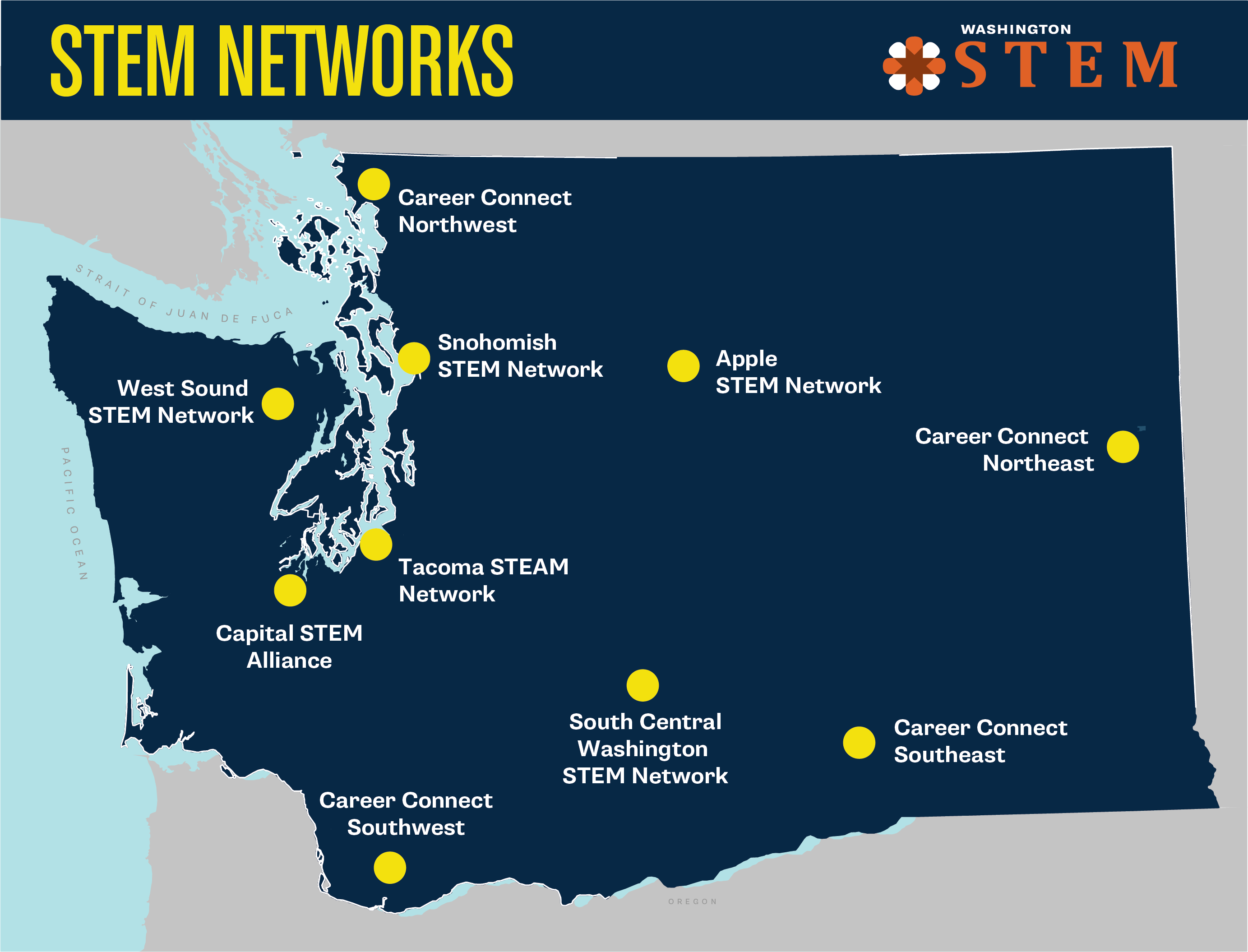
Read what each regional STEM Network partner is doing to ensure all students have access to the transformational possibilities that STEM skills and education beyond high school can provide.
Apple STEM Network
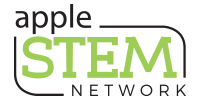
The Apple STEM Network, serving the North Central region of Washington, is co-directed by the North Central Educational Service District and NCW Tech Alliance. The Network’s business, education, and community partners are working to close credential attainment gaps, especially for rural communities, students of color, and students from low-income families. Learn more about Apple STEM’s programs at their website.
STEM by the Numbers – North Central Region
State of the Children: Early Care and Education – North Central Region
Capital STEM Alliance and STEMKAMP
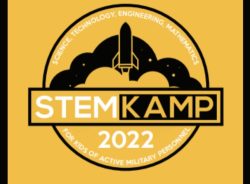
The Capital STEM Alliance was established in 2017 to organize school, business, and community organizations interested in enhancing career readiness and STEM learning opportunities in the region consisting of Grays Harbor, Lewis, Mason, Pacific, and Thurston counties.
STEM by the Numbers – Pacific Mountain Region
State of the Children: Early Care and Education – Pacific Mountain Region
Career Connect Northeast

Career Connect Northeast is working to transform and expand STEM education opportunities for all youth in the region. Their goal is to reduce the STEM skills gap and grow Washington’s economy.
STEM by the Numbers – Eastern Region
State of the Children: Early Care and Education – Inland Northwest Region
Career Connect Southwest
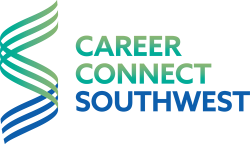
Career Connect Southwest (CCSW) consists of three networks across six counties in southwest Washington. CCSW is committed to working with education, business, and community partners to develop a skilled workforce that contribute to a strong economic future in local communities. With support from Lanxess, Career Connect Southwest is providing valuable summer internships to over 40 students across southwest Washington, with a focus on students from rural areas.
STEM by the Numbers – Southwest Region
State of the Children: Early Care and Education – Southwest Region
Central Puget Sound STEM Partners
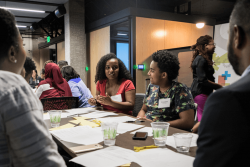
In King County, Washington STEM brings educators, business leaders, STEM professionals, philanthropists, and community leaders together to support STEM learning from an early age and to open career pathways. Our work in this region is defined by a key group of partners and work areas that focus on Career Pathways and Early Learning.
STEM by the Numbers – King County
STEM by the Numbers – Pierce County
State of the Children: Early Care and Education – King County
State of the Children: Early Care and Education – Pierce County Region
Career Connect Southeast

Based in the Tri-Cities, the Career Connect Southeast serves the Southeast region of Washington. You’re invited to read the fall edition of the Network’s newsletter, The Connector, to learn more about how the Network is working to drive career-connected learning, equity and opportunity throughout the Southeast region.
STEM by the Numbers – Southeast Region
State of the Children: Early Care and Education – Southeast Region
Career Connect Northwest

Career Connect Northwest (formerly, the Northwest Washington STEM Network) is based at ESD 189 in Anacortes and serves a region that includes Skagit, Whatcom, Island, and San Juan counties. It aligns K-12 education, higher education, community, and business partners to support STEM learning and opportunity in the region. Visit the Network website to learn more.
STEM by the Numbers – Northwest Region
State of the Children: Early Care and Education – Northwest Region
Snohomish STEM Network
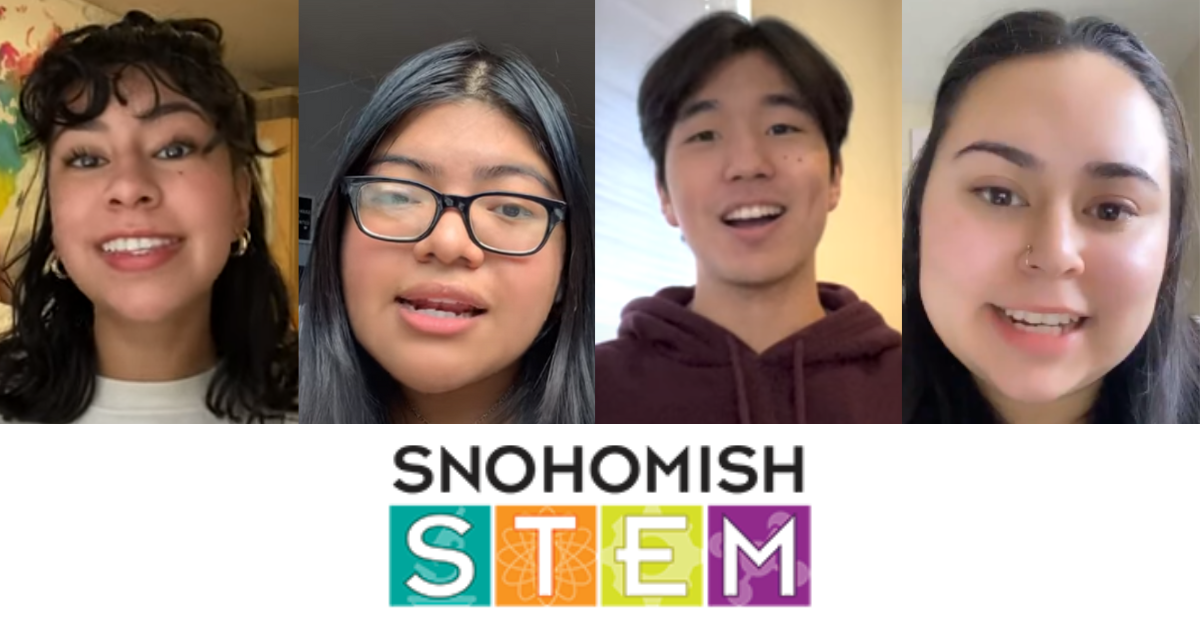
Do you or someone you know need help to pay for your post-secondary education? Check out these shortform videos crafted by Snohomish STEM Network and partners to learn how the process works. Washington State has one of the most generous financial aid programs in the country, but each year, $50 million in financial aid is left on the table. These videos — created in partnership with College Success Foundation Northwest Coastal, NW Washington STEM Network, and Futures Northwest — aim to help more students access the financial support to make their education dreams come true.
STEM by the Numbers – Snohomish Region
State of the Children: Early Care and Education – Northwest Region
South Central Washington STEM Network

South Central Washington STEM is a region-wide network of cross-sector stakeholders that collaborates to ensure that all of the region’s youth have access to a high-quality STEM education and career connected learning opportunities. Visit them online for more information.
STEM by the Numbers – South Central Region
State of the Children: Early Care and Education – South Central Region
Tacoma STEAM Network and #TacomaMath

The #TacomaMath initiative highlights mathematics around Tacoma to show that math is for everyone. The newest “Special Edition” video, sponsored by Comcast’s Black Employee Network (BEN), shows how you can apply math at your next haircut with Master Barber Elijah Benn. Watch the video!
STEM by the Numbers – Pierce County
State of the Children: Early Care and Education – Pierce County Region
West Sound STEM Network

West Sound STEM Network’s blog about a recent STEM Café, focused on strategies for teachers to help their students explore post-secondary healthcare career and education options. Read more on their website.
STEM by the Numbers – Olympic Region
State of the Children: Early Care and Education – North Olympic Region
Case Studies: How We Work
These projects are examples of how we work through partnership across the state, providing direct support, and advocating for policy changes that will improve opportunities for all students.
2024 Legislators of the Year
“Washington students need robust career readiness supports, from apprenticeship programs to financial aid guidance, to follow their aspirations and join the workforce,” said Lynne K. Varner. “Senator Nobles and Representative Ybarra are strengthening our state’s career pathways, especially for those furthest from opportunity—rural students, students of color, young women, and students experiencing poverty.”
Senator T’wina Nobles (28th District) is chair of the Senate Higher Education and Workforce Development Committee, majority whip in the caucus, and vice-chair of the Senate Early Learning and K12 committee. She worked closely with her colleagues in the senate, the Foundation for Tacoma Students, and the State Board of Community and Technical Colleges, as sponsor of a bill to expand a Financial Aid Outreach pilot project to increase financial aid access. The pilot project was successfully expanded to an additional region with the aim of statewide adoption in the future.
Representative Alex Ybarra (13th District) has been a champion for career-connected learning in the North Central region and across the state. As the ranking member of the House Postsecondary Education and Workforce Development Committee, Representative Ybarra has secured resources that are critical to building education and career pathways for students.
Washington STEM’s Legislator of the Year Award is presented annually to members of the State Legislature who have demonstrated extraordinary leadership in advancing legislation and policies that promote excellence, innovation, and equity in science, technology, engineering, and math education for all Washington students, especially those furthest from opportunity.
Read more about previous Legislators of the Year.
PAST LEGISLATIVE SESSIONS
Read more about our work in the 2023, 2022, and 2021 legislative sessions.

